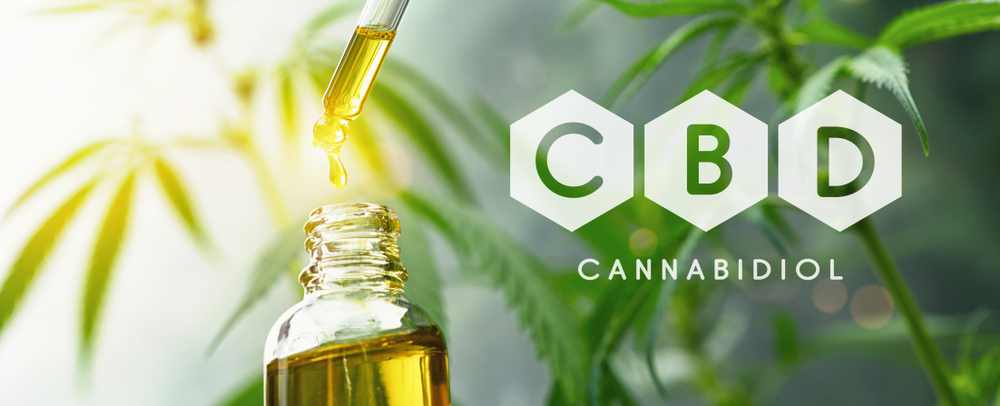FDA Punts to Congress on CBD Regulation

Most medical authorities agree that not too much is known about the benefits and risks of CBD, a chemical found in marijuana. Supplement pushers and hemp farmers have been pressing for regulation – legalization in other words – but the U.S. Food and Drug Administration (FDA) has been resisting.
CBD isn't the psychoactive part of marijuana. It doesn't make you high, but its promoters claim it helps you relax, sleep, lose weight and so forth.
It's become the darling drug of millions of consumers, who buy it in liquid, tablet and cosmetic forms. One retired Sacramento disc jockey says CBD cured him of his white wine habit. A Los Angeles vegan swears the stuff helps her metabolize tofu.
Now, the FDA is basically throwing up its hands and saying it's up to Congress to decide whether to regulate the substance, which is currently being sold just about everywhere except vending machines (and we haven't checked all of them).
FDA announced that “after careful review,” it concluded that “a new regulatory pathway for CBD is needed that balances individuals’ desire for access to CBD products with the regulatory oversight needed to manage risks.”
That doesn't mean everybody can just continue bundling the stuff up and selling it as an all-purpose elixir. Dietary supplements aren't very tightly regulated thanks to the herculean efforts of supplement industry lobbyists but they still can't be sold as medicine and the FDA routinely deals somewhat harshly with excessive claims.

Epilepsy treatment
There is a prescription form of CBD called Epidiolex. It can be prescribed by doctors to treat epilepsy. As a prescription drug, it is manufactured under tight controls that guarantee it is correctly formulated – unlike supplements, which are largely a grab bag. They might contain what they say they do but then again, they might not.
That's where CBD is today – in a gray area, not quite illegal but not fully legal either. Medical authorities generally want to err on the side of caution, which makes them less than enthusiastic about encouraging widespread CBD usage.
"A prescription cannabidiol (CBD) oil is considered an effective anti-seizure medication. However, further research is needed to determine CBD's other benefits and safety," the Mayo Clinic intones cautiously on its website.
That's basically FDA's position. But instead of doing the research itself, it's punting to Congress, not generally regarded as a scientific institution but it's the one that writes the laws. The FDA recently vetoed three citizen petitions asking it to approve CBD as a dietary supplement.
This doesn't mean that CBD marketers can do anything. FDA could still penalize promoters who make health claims they can't support, as it regularly does with supplement manufacturers.
Amazon's Whole Foods Market carefully avoids ascribing medical benefits to its CBD Body Balm product, saying "100+ body care ingredients banned, including no parabens, phthalates, microbeads or triclosan" and foreswearing any animal testing.
Safety concerns
FDA cited several specific concerns, including
- Safety for long-term users. Studies have indicated potential liver damage, male reproductive system effects and interactions with certain drugs.
- Possible harm to vulnerable populations, including children and pregnant women.
- Risks to animals and to the creatures, including humans, that eat those animals.
More study needed
“Given the available evidence, it is not apparent how CBD products could meet safety standards for dietary supplements or food additives. For example, we have not found adequate evidence to determine how much CBD can be consumed, and for how long, before causing harm. Therefore, we do not intend to pursue rulemaking allowing the use of CBD in dietary supplements or conventional foods, said FDA’s Janet Woodcock, the senior deputy commissioner.
